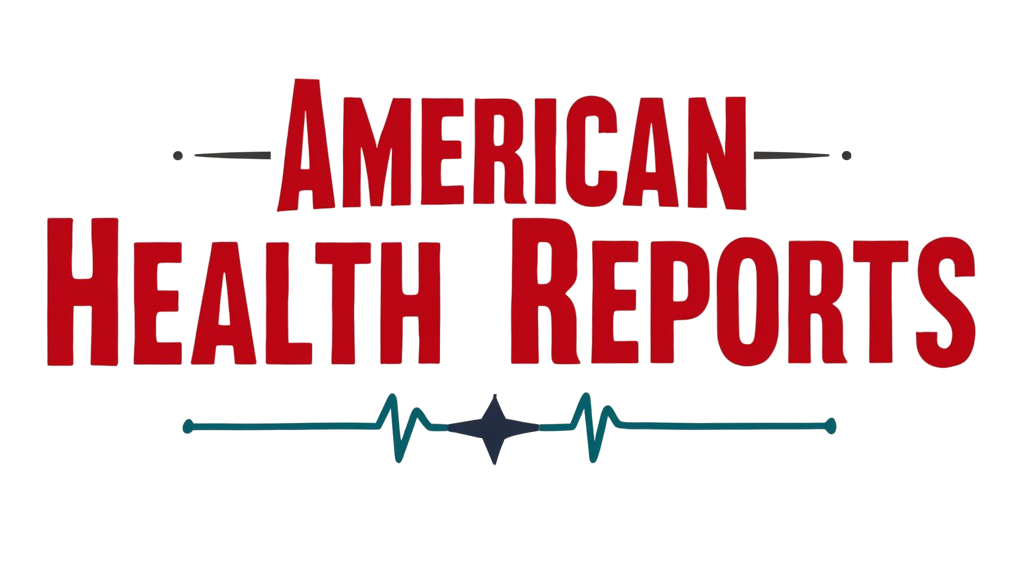Unlock the Secret Link Between Insulin Resistance and High Blood Pressure
Share
High blood pressure is increasingly linked to insulin resistance, a condition where cells fail to respond properly to insulin. This connection is supported by research showing that insulin resistance drives hypertension through mechanisms like increased sodium retention, vascular damage, and sympathetic nervous system activation. Addressing insulin resistance through dietary changes and targeted nutrient intake may offer a more effective approach to managing blood pressure than traditional symptom-focused treatments.
### Insulin Resistance and Blood Pressure Mechanisms
Insulin resistance contributes to hypertension by:
– : Elevated insulin levels prompt kidneys to reabsorb more sodium, raising blood volume and pressure.
– : Chronic insulin spikes stimulate stress hormones that constrict blood vessels.
– : Insulin impairs the endothelial lining of arteries, reducing their ability to relax and regulate blood flow.
– : Excess insulin allows abnormal calcium buildup in cells, stiffening arteries—a process often addressed with calcium channel blocker medications.
– : High glucose and fructose intake from sugary diets erodes this shield, leading to inflammation and plaque formation.
### Dietary Strategies to Lower Blood Pressure
:
– : Reducing sugar, starch, and seed oils improves insulin sensitivity and reduces vascular inflammation.
– : Time-restricted eating helps regulate insulin spikes and supports metabolic health.
– :
– Vitamin D: Enhances endothelial function.
– Magnesium glycinate: Relaxes blood vessels.
– Potassium: Counters sodium’s effects on fluid balance.
– Sulfur: Supports detoxification and vascular repair.
### Additional Considerations
– : Chronic stress elevates cortisol, which worsens insulin resistance. Techniques like ashwagandha supplementation, adequate sleep, and walking help mitigate this.
– : Women may experience stronger links between insulin resistance and systolic blood pressure, highlighting the need for personalized approaches.
While pharmaceutical treatments focus on symptoms, addressing insulin resistance through lifestyle changes targets the root cause. These strategies not only lower blood pressure but also reduce risks for diabetes, heart disease, and obesity. Consistency is critical—improvements may take weeks to manifest, and tracking food intake helps maintain progress.










GIPHY App Key not set. Please check settings